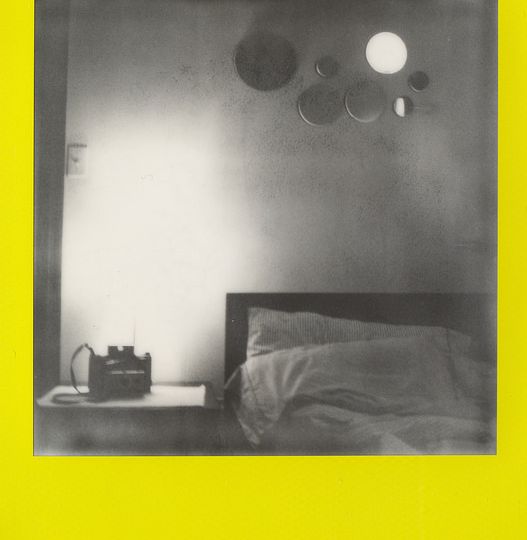
Home. Be it a real home or an aspirational one, the very word evokes longing and a sense of comfort, safety, and belongingness. As this month’s articles show us, when it comes to home and sexuality, sometimes the real and the aspirational meet and sometimes they do not. Our homes may house us but they may or may not have room for our sexual expression and desires. In the Issue in Focus, Shikha Aleya goes beyond physical spaces and what we may perceive about other people by peeking into their homes, and reveals how ideas can be home too.
Most often home occupies physical space and Zeba Siddiqui explains that homes not only have clearly demarcated areas for specific functions but also areas demarcated according to gender, and that there are unspoken rules about who gets to use which spaces at home for what. Homes bind; bind as in bring together, and bind as in restrict. For a kinkster, bondage and restriction are not necessarily bad things, and Asmi writes, as a BDSM practitioner, about the many homes away from home where she has found friendship, love and acceptance. Home away from home could also be a women’s hostel where one comes into one’s own as a young person exploring the world and one’s sexuality, and the place where, as our anonymous author says, “I finally felt like myself.” But sometimes, being oneself can bring trouble, and in the film review Vani Viswanathan reveals the fragility of home and of ‘innocence’, and the ease with which both may be lost.
To be in a home where one can truly be oneself is a luxury denied to many. This is what drove Sachin Jain to set up the Gay Housing Assistance Resource (GHAR) as you will see in the Video section, and June (and Irene) to open the first shelter for homeless transgender people in Singapore as you will see in Brushstrokes. Shirin Choudhary’s poem “We Don’t Talk About Boys in Our Home” points to what’s missing in her home while at the same time reminding us of the potential and the pleasures of our first home – the body that each of us inhabits.
In our mid-month issue, Swati Vijaya writes about how a book, yes, a book, can be home for someone who traverses multiplicities of love and longing. And a book features again in the long journey of leaving a country and making a new home after Partition, in the Hindi translation of Surbhi Dewan’s Partition Stories. Among other reasons, it is sometimes to find a home for love that people migrate, but as Davidson and Pavel question, are Indian cities empowering or alienating for queer people from Northeast India who are perceived as ethnically ‘different’ and sexually exotic?
We have a blog in the blogroll section that will make you think. Read on!
In the FAQs corner we have some useful information on home pregnancy test kits. In the Media Corner, watch Juice a short but hard-hitting film on what happens when guests are invited to a typical Indian middle-class home.
Until next month, stay well, stay happy!